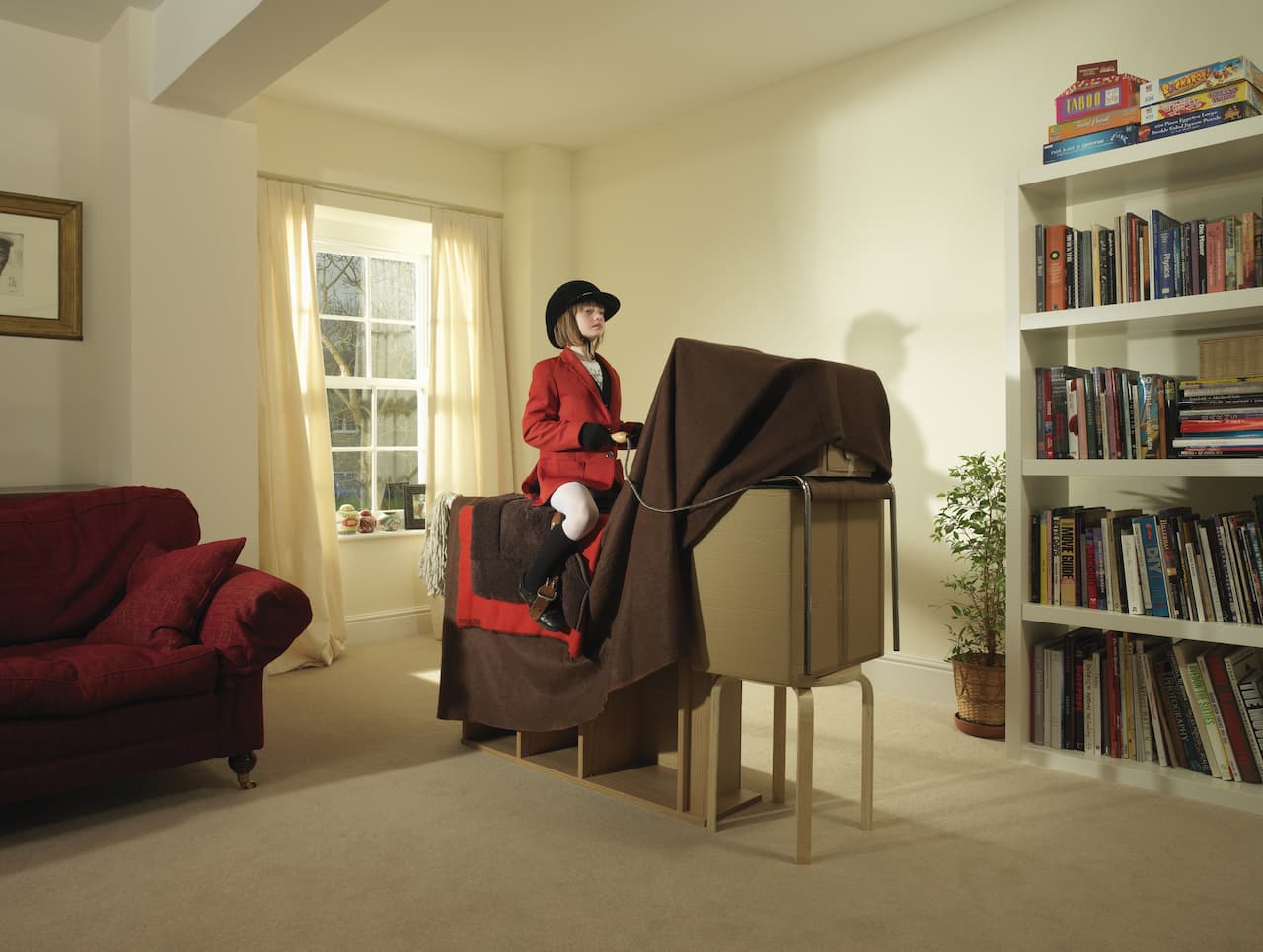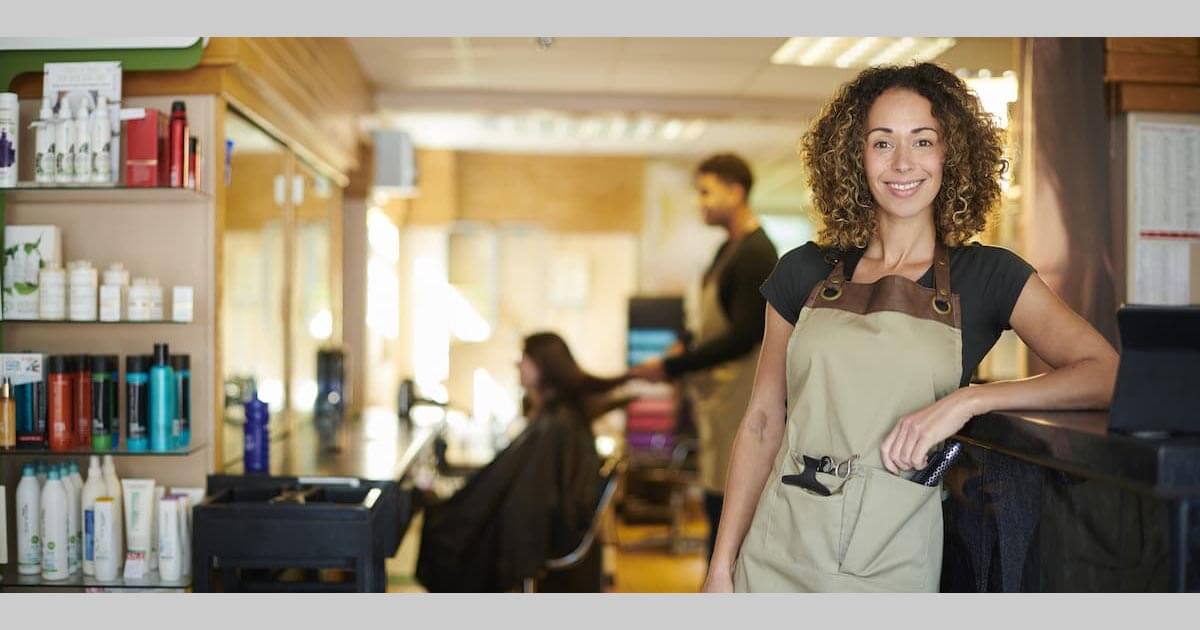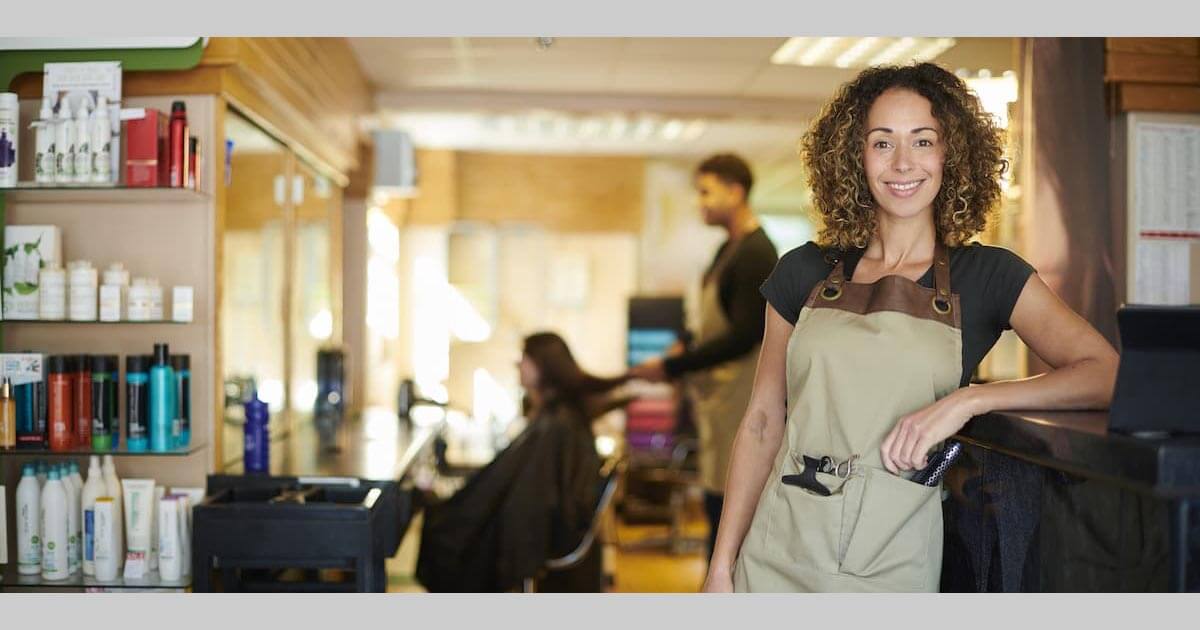The next generation of skilled business leaders
They also know how important it is to be realistic. While there are plenty of peaks to expect, such as the chance to ‘be your own boss’, there are inevitable troughs, such as financial pressures, to get through.
However, for many, the rewards far outweigh the risks and, today, nearly 5 million self-employed workers operate across the UK. It’s a growing market, too, with more than 1,000 start-ups launched every day.
So, what does it take to be the next Bill Gates, J.K. Rowling or Jeff Bezos? To find out, we spoke to 2,000 people about their thoughts on the self-employed market.
With age comes experience
While there is a distinct advantage to starting early in some professions (many successful sports stars, for instance, start their careers before their first day at school), business owners shouldn’t feel pressured to build a business in their early years. In fact, the opposite is true.
Studies from the Cranfield School of Management have found that older people are more likely to succeed when starting-up a business. In fact, entrepreneurs aged 50+ apparently drive revenues 3.5 times faster than GDP growth. Similarly, the same research shows that 70 per cent of these older entrepreneurs have a chance of making it through their first five years in business, versus just 28 per cent of younger business owners.
Risk vs reward
Mark Zuckerberg once said, “the only strategy that is guaranteed to fail is not taking risks.” And it appears a successive group of young entrepreneurs would agree.
Our research found that more than half of 18-25-year-olds (55%) would start a business and one in five (21%) thought they had a good business idea. In contrast, older respondents were much more reluctant to commit to a new business venture: only 23 per cent of those aged 55+ thought they could create their own start-up, and just 7 per cent had a strong business idea.
However, one in ten of the over-55s we surveyed stated that if they were to take the leap, they would most like to become a writer, whereas the majority of those aged 18-25 would pursue a career as a social media influencer.
And yet, while these generational aspirations might sound dichotomous on the surface, they have many similarities. For instance, they are both low risk (they could both be achieved by working part-time), require very little investment (all they require is a computer and a niche) and do not necessarily need employees to be successful.
Top 10 businesses british people would love to start
Taking age out of the equation, our research uncovered that over 40% of Brits want to quit their job and begin a new career running their own business.
Maybe surprisingly, the business most people would like to open isn’t a Silicon Valley-style tech start-up, or a legal practice, but a humble coffee shop.
The top ten businesses or careers the public dream of starting are:
- Coffee shop owner
- Writer
- Property developer
- Retail store owner
- B&B owner
- IT professional
- Pub owner
- Social media influencer
- Artist
- Franchise owner
Almost one in ten of us (9.5%) are keen to set up a coffee shop – a popular option across all age groups.
One eye on the real world
Interestingly, while our research shows that the older generation has the experience and passion to succeed, conversely, they hold themselves back by being more conscious of the potential pit falls.
Looming concerns, such as mortgages, accumulated debts, and financially dependent children, are major factors in deterring older people from taking the leap. The younger generation, however, are more financially ‘free’ by comparison - they are more likely to live with their parents, rely on incoming student loans and, in many cases, only have themselves to support.
This uncertainty among the older generation is further emphasised by the 72 per cent who thought that, even though they had a good business idea, they weren’t comfortable with the “real life” risks that self-employment would bring. Similarly, 43 per cent said a lack of confidence discouraged them from pursuing a solo business venture.
Got a good business idea? Thinking of becoming self-employed? There is no time like the present. Just remember to make sure that your new business has the right insurance cover in place. Here at Premierline, we arrange freelancers insurance policies to suit self-employed business owners.


















